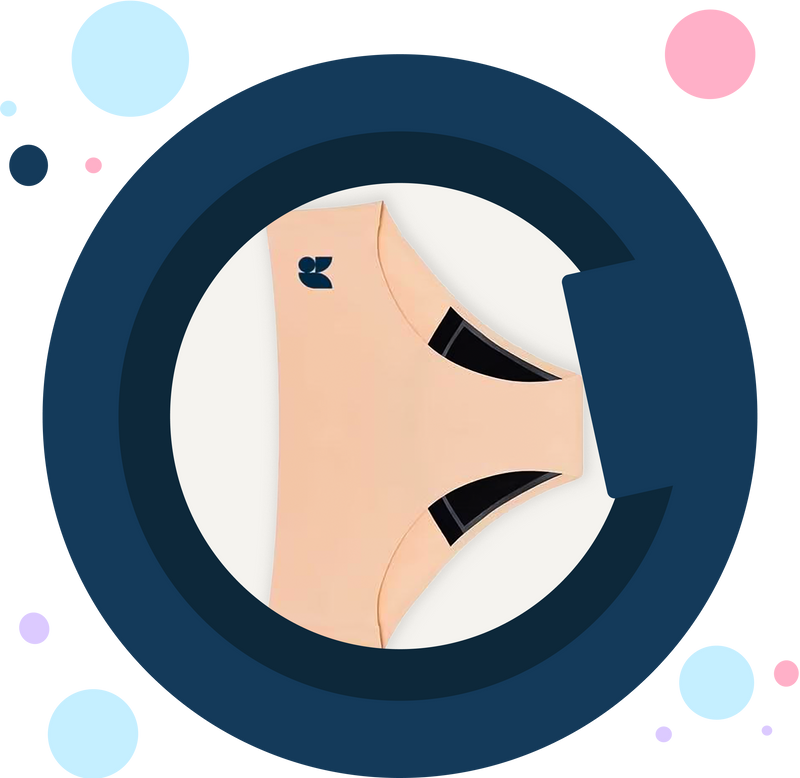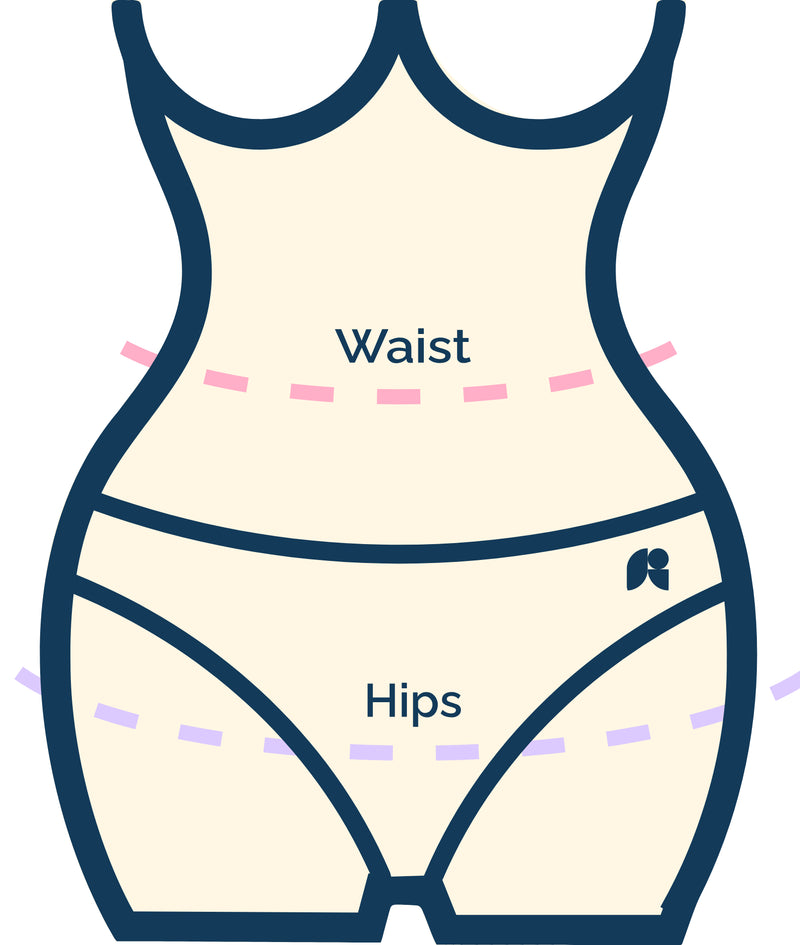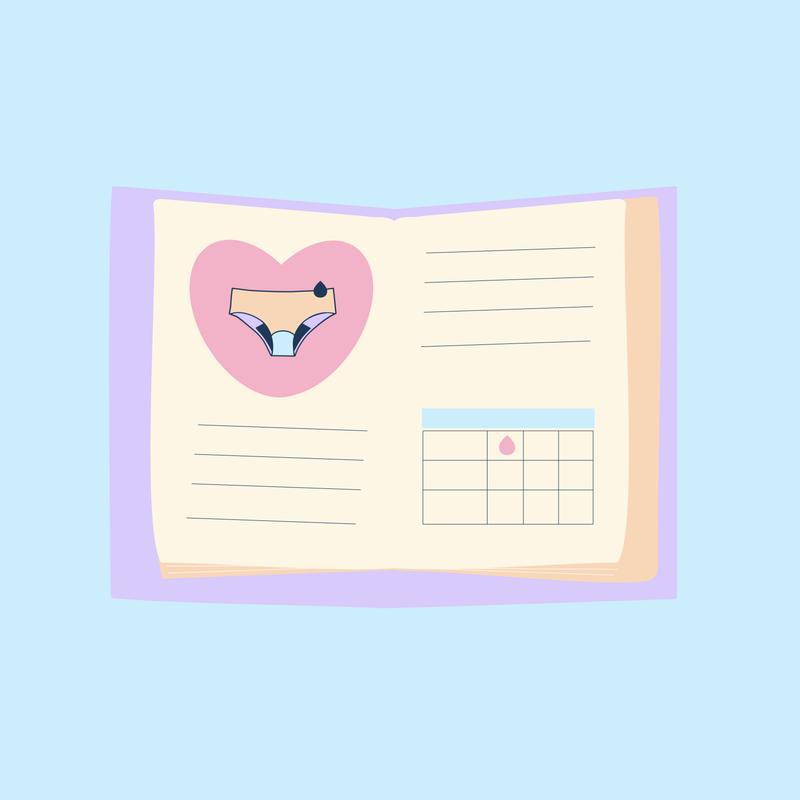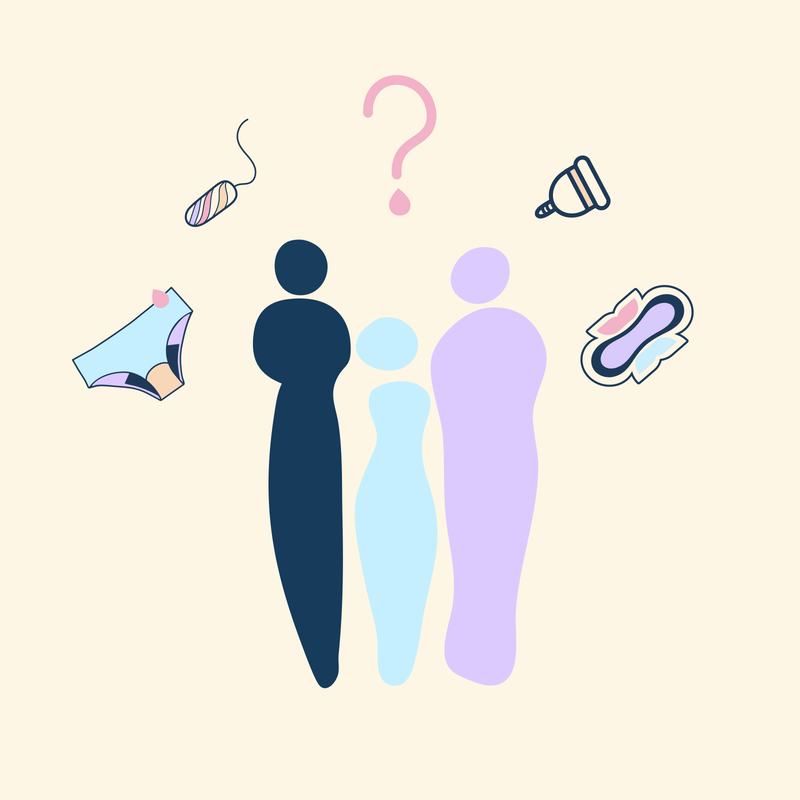Phase 1: Menstrual Phase (Days 1-5) – The Reset
This is when your period starts. The uterine lining, which was built up in the previous cycle, sheds if no pregnancy has occurred. Here’s what’s happening:
-
Hormones at play: Estrogen and progesterone drop, triggering your period.
-
Symptoms: Fatigue, cramps, bloating, and mood swings due to lower hormone levels.
-
Best self-care: Rest, hydrate, and nourish your body with iron-rich foods to replenish lost nutrients.
Phase 2: Follicular Phase (Days 6-14) – The Power-Up
Once your period ends, your body prepares for ovulation. Your energy levels start climbing, and you feel more like yourself again.
-
Hormones at play: Estrogen levels rise, stimulating the growth of follicles in the ovaries.
-
What’s happening: The uterine lining thickens in preparation for a possible pregnancy.
-
How you feel: Energized, focused, and social—this is often the best time for productivity and exercise.
Phase 3: Ovulation Phase (Days 14-16) – The Peak
This is the main event! One mature egg is released from the ovary and is available for fertilization.
-
Hormones at play: A surge in luteinizing hormone (LH) triggers ovulation, while estrogen is at its highest.
-
Symptoms: Increased libido, glowing skin, and cervical mucus changes (it becomes clear and stretchy to help sperm travel).
-
Best activities: Take advantage of your peak energy with workouts, social events, and brainstorming sessions.
Phase 4: Luteal Phase (Days 17-28) – The Wind-Down
After ovulation, your body prepares for a possible pregnancy. If fertilization doesn’t happen, hormone levels will drop.
-
Hormones at play: Progesterone rises to support a potential pregnancy; if none occurs, it drops.
-
Symptoms: PMS (premenstrual syndrome) symptoms like bloating, mood swings, and cravings can appear.
-
Best self-care: Focus on relaxation, light movement, and eating magnesium-rich foods to ease PMS symptoms.
Your Cycle = Your Superpower
Understanding your cycle helps you work with your body, not against it. Whether it's planning your workouts, recognizing mood shifts, or just knowing when to take it easy, tuning into your natural rhythm can be life-changing!
Want to learn more? Join the #FreeFlowaMovement and let’s keep the conversation going about periods, hormones, and self-care!








